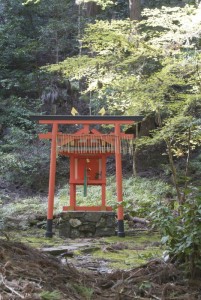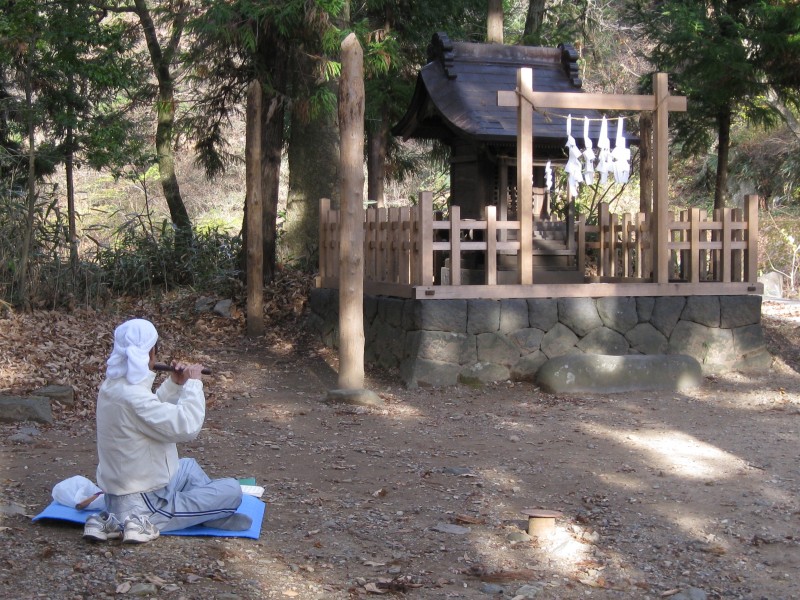The following is taken from Brainpickings, a website about creative and spiritual matters. It captures what for me is the appeal of Shinto for Westerners, namely that it is not a religious path of salvation but a communal recognition of a lifeforce beyond understanding. There is no dogma and no doctrine, precisely because the great mystery of life defies verbal definition. ‘Those who speak do not know,’ as the old Daoist adage runs.

Simply divine
Wonder, awe, the celebration of life are positive goals that a whole community can embrace. Striving to change oneself smacks of isolation and egocentricity. It’s something the Jewish-American writer and literary critic Alfred Kazin (June 5, 1915–June 5, 1998) explored in his journal.
******
“Half a century before the heyday of self-help books and websites, which commodify human life as a problem to be solved rather than a glorious mystery to be savored, he writes:
The other day … I suddenly realized, with a shudder almost … how easy it is to fall into the other-imposed trap of trying endlessly to correct and reform oneself, in accordance with this and that, one’s idea of the right person to be, when all the time, one is not merely “stuck” with oneself, as one is rightly enough, but one suffers from constrictedness, from reaction, from the million-and-one reasons, so boringly personified around one in one’s contemporaries and half-friends and stupid, genteel colleagues, who are always telling us over again that man is bad and sinful!
Kazin’s journal is strewn with this restless search for self-generated sacredness — for a source of goodness and meaning not imposed from without, be it by spiritual mythology or by secular society, but synthesized from within. It comes most acutely alive in an entry penned earlier that year, in which Kazin reflects on Auden’s notion of “sacred objects” — catalysts for awe, which inspire the basic impulse to make art — and writes:
Without worship, without respect, without wonder, without the great work with which our wonder and awe plunge us, what is there — what?”

Worship of the fundamental mystery in a way that transcends words

Leave a Reply